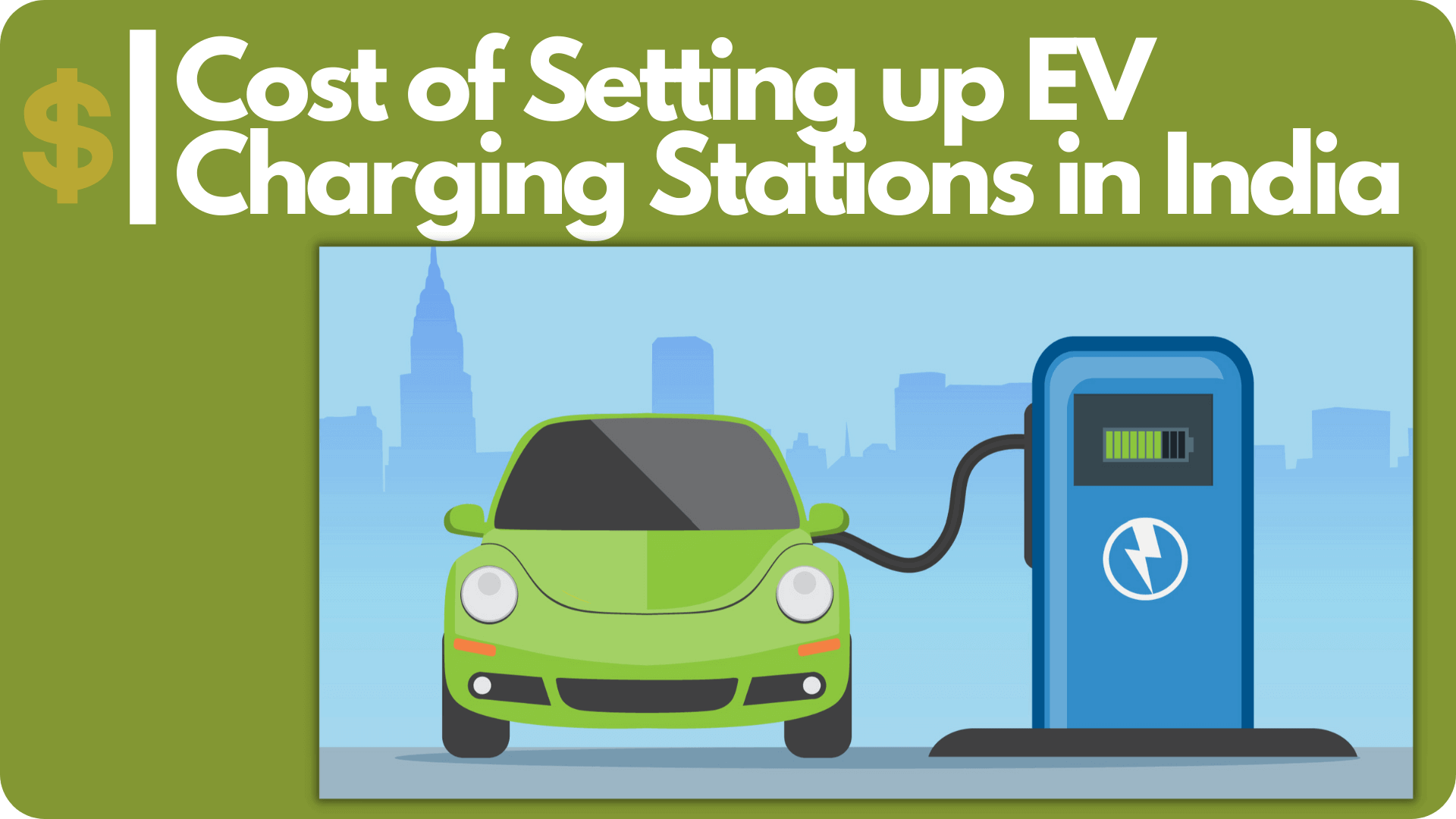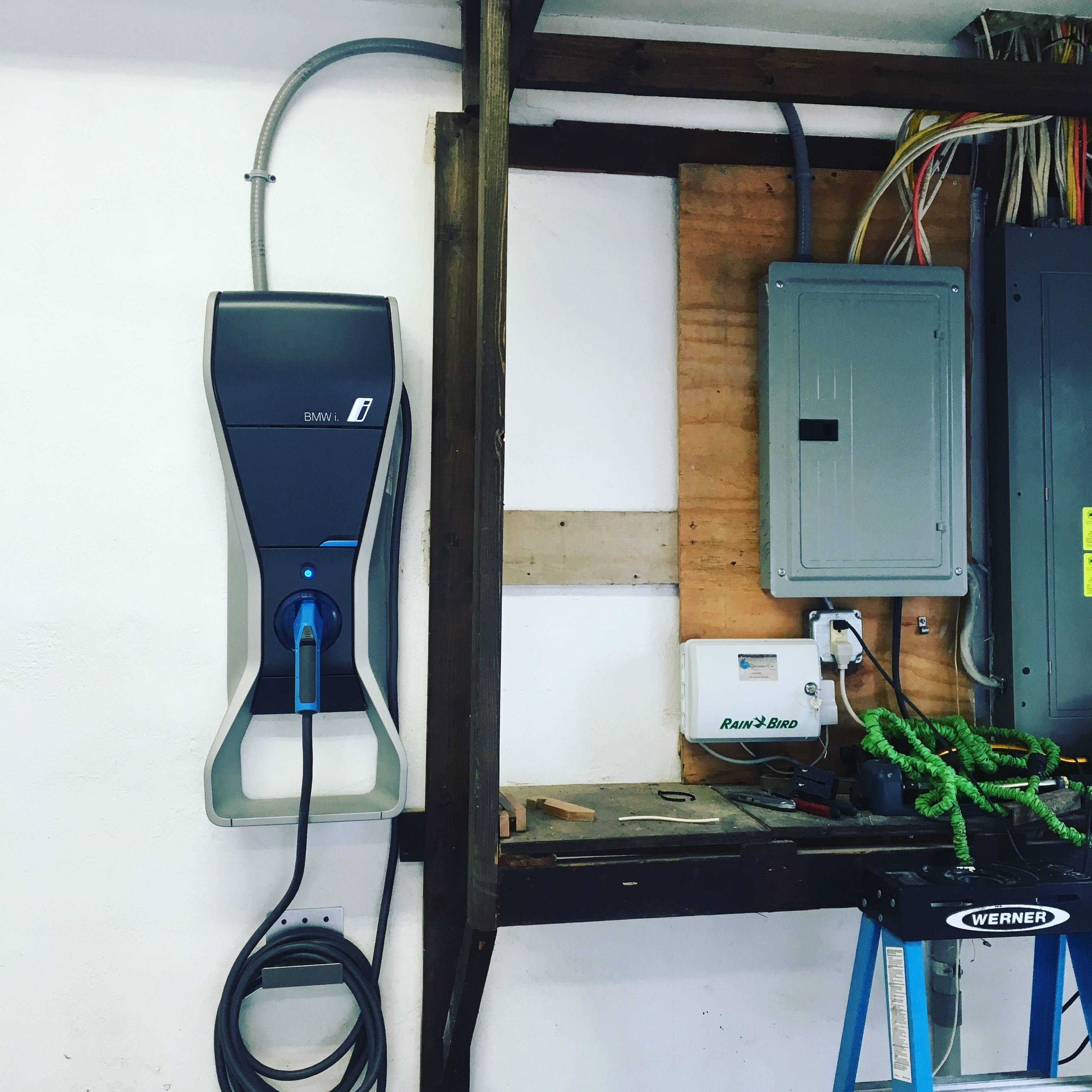
There are many factors that influence the cost of charging an e-vehicle. You need to take into account the vehicle type, the charging rate, and the year. You can use an online tool from the EPA to calculate the cost of driving an EV. You can also take advantage of rebates and membership programs that will help to reduce the costs of charging your EV.
Most electric cars include a basic level 1-charging unit that plugs into an standard electric outlet. This unit can charge your battery within 24 hours. A dedicated 240-volt line is also available that can recharge your battery in as short as four hours. A level 2 or three charging unit is available if you require a faster charge. The quicker you charge your car, the faster it will reach its maximum range.

The Chevy Volt, a plug-in electric automobile, charges quickly and securely. It packs a 60 kWh lithium-ion battery, which can deliver up to 25 mpg per hour. The Chevy Bolt has more battery capacity, which means it can be charged faster. It can be charged to about 80% of its full range in 30 minutes of DC fast charging. It is also more eco-friendly than a gasoline-powered car and costs less to fuel.
Depending on the time of the day and your location, your EV may be charged at no cost. If you reside in a state that doesn't provide free electric charging you will need pay. It is recommended to check with your utility provider before you intend to charge your electric vehicle at your residence. This is because of theft incidents involving unauthorized use electrical outlets.
In many states, there are incentives for purchasing a certain brand of EV, or for installing a charger at your residence. Depending on the company, the charger may come with a discount on your monthly bill. Some electricity providers have a program that lets you bill for the amount of electricity you consume based on your demand. Many utilities offer discounted rates to charge your EV when it is not in peak hours. The average residential rate for the United States is $0.08- $0.10 per kilowatthour.
While the cost of gas is always changing, you can usually expect to pay about half of what it costs to fill up your ICE vehicle. This means the financial gap between the two types is smaller as you get more mileage for your gas. Also, check with your municipal government to find out if there are any incentives available for buying an electric vehicle.

The Chevrolet Bolt all-electric car is the most recent on the market. It costs less than $40K, including the tax credit. The Bolt is expected take up a large portion of the all electric car market over the next few decades.
FAQ
Can I work as an auto mechanic without a degree? Can I do part-time studies?
A degree isn't necessary, but it certainly helps. Employers prefer applicants who have completed a full-time degree. It shows that you've worked hard and are determined to succeed.
It doesn't mean that you can't work while you study. Many universities permit students to take courses during the summer holidays, and then finish their studies in the fall. Others let students take classes part-time throughout the year.
What length of an automotive course is it?
A course in automotive lasts three years.
The first year is dedicated to theory and learning about cars. The second year will be spent in practical training. Here you will learn how fix engines, drive and other mechanic jobs. The final year is spent doing a placement at a local garage, which gives you experience in fixing real-world problems.
What is the job description for a mechanic in a car?
There are three main areas of employment for car mechanics:
-
Automotive repair shops
-
Dealerships
-
Independent garages
Automotive repair shops
This is where most people consider becoming a mechanic. In fact, it's probably the easiest way to get started. You have two options: work in an existing shop or open your own.
If you are interested in working at a shop you will need to apply for membership to a union. After being accepted into the union, the union will provide training.
Once you complete the training, it's time to get started.
Registering with the government is required if you intend to open a garage. After you register, you will be required to meet specific standards.
When you've registered, you'll be given a license to operate your garage.
Your license will permit you to sell spares parts and perform minor repairs. It won't allow you to fix major engine problems.
You will be expected to sell spare parts and also offer guidance and advice to customers.
Dealership jobs
Most dealerships only employ mechanics who have a specific skill set. They might be able to only fix brakes or replace tires.
Some dealerships have the option to hire general mechanics who can take care of all aspects.
These positions often require applicants that they undergo special training before being allowed work. Employers can then choose the best candidates for their job.
Some dealerships will even hire graduates right out of university. These graduates already have a basic understanding of mechanical engineering, so they are able to learn all about cars.
Independent garages
Independent garages don’t have to be associated with any particular dealer. They tend to be focused on high-quality service.
Independent garages are not associated with any companies so they can afford higher wages. This makes them generally more well-paid than jobs at dealerships.
But this doesn't mean that independent garages are necessarily better places to work. Many business owners prefer to be in control of their businesses than to delegate it to employees.
You may find yourself working for long hours and not having control over the day.
Additionally, you should expect to earn lower wages if employed by a dealership.
There are many jobs that can be switched between. You can switch jobs easily if you are interested in working at a dealership. Simply ask your employer if they would be open to hiring you as a mechanic.
Or, if your dream is to work for an independent garage you can contact the owner directly.
The bad news? Finding a new position isn't always easy. There are many other factors that can influence your earnings.
Consider, for example, what type of vehicle you are repairing and whether additional labor charges will apply.
What qualifications do you need to be a mechanic?
A series of exams is necessary to become a mechanic. These include:
-
A general knowledge test
-
A practical examination
-
An apprenticeship test
These tests will ensure you are familiar with the fundamental concepts of mechanics and physics before starting to work as a mechanic.
Once you've passed these tests, you'll be eligible to work as a mechanic. You'll still need an apprenticeship. This will require you to learn the trade.
You'll need to attend classes and workshops to learn everything you need to know about repairing vehicles. Experienced mechanics will also be required.
You'll need a high level of concentration and attention to detail if you want to succeed as a mechanic. You'll need to pay close attention to every aspect of vehicle repairs.
To become a successful mechanic you'll need patience. If you don’t like following directions, then this career path may not suit you.
You could make a great career out of your love for cars and the work that goes into fixing them.
Statistics
- Apprentice mechanics earn significantly less hourly than mechanics who have completed training, with a median wage of approximately $14.50 an hour, according to PayScale. (jobhero.com)
- The U.S. Bureau of Labor Statistics (BLS) reports that the job outlook for automotive service technicians and mechanics is expected to decline by 4% from 2019 to 2029. (indeed.com)
- There were 749,900 jobs available for automotive service technicians and mechanics in 2016, which is expected to grow by six percent through 2026. (jobhero.com)
External Links
How To
How to become an automotive technician
An automotive technician provides repair services and maintenance to vehicles. He/she works at car dealerships, auto shops, garages, service centers, etc. He/she works with customers to repair their cars and trucks, ATVs or snowmobiles. An automotive technician must have the ability to quickly diagnose and fix problems.
An associate degree from a vocational school is required for anyone who wishes to become an automotive technician. After completing this program, he/she must pass the National Institute for Automotive Service Excellence (ASE) certification exam. ASE stands to American Society of Mechanical Engineers. There are two parts to the ASE certification exam. The first section tests your mechanical skills, while the second tests your practical knowledge. You must attend one of the authorized testing sites to take the test. These locations can be found online, or by contacting your local car dealer.
Before becoming an automotive technician, a candidate must pass the test. This process varies depending on where the applicant lives. Some states require applicants to take a training course while others allow them the freedom to study on their own. Some states allow technicians to become licensed right away after receiving their license. While others wait until they have had at least six years of experience as an automotive technician.
To become an automotive technician, one must apply at a local dealership. New employees are usually apprentices when they first get hired. Apprenticeship programs last about three years. A student will learn to repair basic things like changing oil, adjusting brakes or replacing tires. They also learn how spark plugs are cleaned and inspect engine compartments. Some students are taught how to repair engines and replace transmission fluids. Many schools offer classes during regular hours. Some schools also offer evening classes when needed.
After completing an apprenticeship, a student becomes a journeyman. Journeymen generally spend four- to five decades learning how to fix major systems like transmissions. They learn how to do complex repairs such as remanufacturing engines, rebuilding transmissives, and troubleshooting electronic components. Because they have the experience and knowledge to do the job right, employers love hiring journeymen.
Once a candidate passes the required exams and is granted a license, they might consider opening their own shop. The Bureau of Labor Statistics estimates that there were nearly 1.7 million jobs available for automotive mechanics in 2010. This number was expected increase 18% between 2009 - 2020. Candidates who decide to open their own business should be prepared to invest thousands in equipment and supplies.
There are many factors that affect the salary of an automotive technician, such as where they live, their education and experience. A jobless person can expect to make $20,000 per year. Someone with only a high school diploma could earn around $21,000 per year. Those with an associate's degree earned approximately $24,000 per year. Technicians with a bachelor’s degree made about $27,000 annually. And those with master's degrees made around $32,000 per year. Salaries are increasing so that a professional earning less than $30,000 could expect to make $40,000 in a few years.